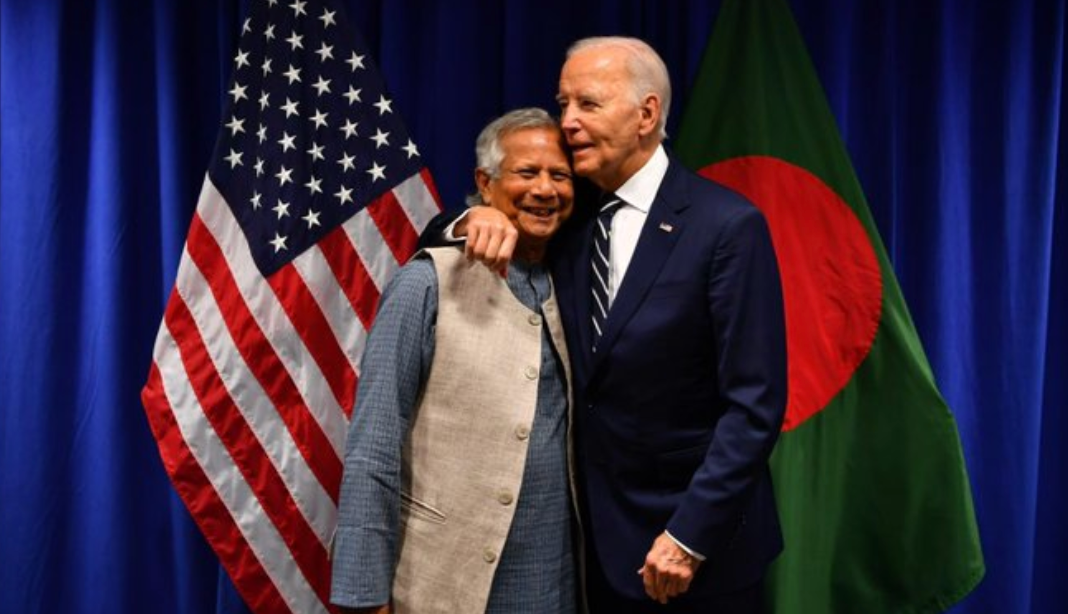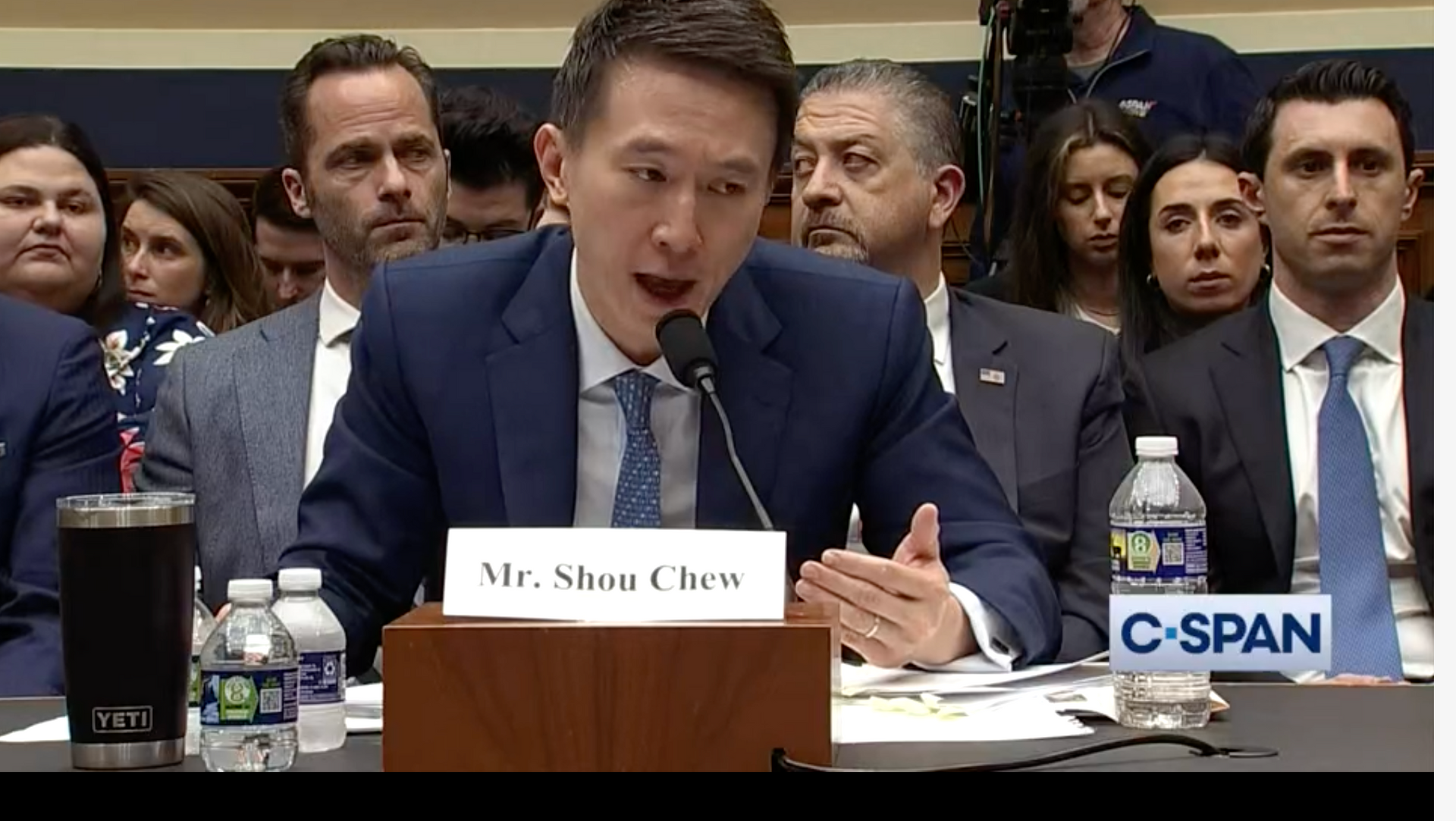Trump Is Backing His Scandalous Ally In Guatemala
July 25, 2018
Trump Enabling the Corruption of Guatemalan President, Jimmy Morales, Who Shares Several Similarities
News related to Guatemala typically doesn’t generate much buzz with foreign-policy analysts or international media. However, if there is a tie-in to Donald Trump, it has a chance of gaining exposure.
Unfortunately, a brilliant report
by McClatchy didn’t receive the attention that it deserved. It pointed to an underhanded diplomacy gesture by the Trump administration to minimize Guatemala’s independent anti-corruption organization, CICIG.
Long story short, the extensive corruption within the Guatemalan government prompted the creation of the CICIG, which is backed by the U.N. The list of high-level Guatemalan officials who have caught in these types of scandals is quite lengthy. It includes the ex-Presidents, Otto Perez Molina, Alvaro Colom, and Alfonso Portillo.
Again, this list can go on forever. Hence, there’s an absolute necessity to maintain the strength and independence of the CICIG. However, the President of Guatemala, Jimmy Morales, has taken several measures to tear down this institution.
In particular, Morales tried to deport the head of the CICIG, Ivan Velasquez, who is a Colombian. The reason being, Morales and his family are the targets of a wide range of political scandals. Much like Trump, he has tried to paint these scandals as “fake news.” They range from money laundering, links to drug traffickers, corruption, campaign finance laws, and more.
Anyhow, did the thought of deporting the head of the CICIG remind you of the Comey firing? Well, there are numerous other apt comparisons. In fact, there are too many to list in a blog post. However, I have an article with openDemocracy, “ Trump-style Latin American Leaders
,” which details the many uncanny resemblances between the Trump and Morales administrations. (A series of sexual assault allegations have been directed at Morales since that article was published.)
Morales responded, in kind, by moving the Guatemalan embassy in Israel to Jerusalem and that certainly showed solidarity with Trump. With that in mind, the McClatchy article pointed to pressure exerted by the Trump administration to weaken the CICIG in a variety of ways. All in all, this is another example of the disgraceful transactional foreign policy of the Trump administration.
Even more despicable is the administration that is being enabled by the U.S. government. A recent article
, “The Assassinations of Indigenous Leaders in Guatemala Trigger Fear as Political Cycle Begins,” in Truthout
by Jeff Abbott absolutely drives home the point.
I’d definitely recommend reading that article, along with the aforementioned McCarthy article, to understand the extreme implications associated with this decision by the Trump administration. Unfortunately, it falls in line with so many other disastrous foreign policy decisions that have propped up so many tyrants, kleptocrats, dictators, etc.

For the last two decades, while U.S. forces occupied the country, Afghanistan has been the epicenter of the world’s opium production with roughly 90% of global supply. After American troops withdrew from the country, and with the Taliban in charge, Afghan opium production drastically declined. There were an estimated 6,200 tons produced in 2022, as opposed to 333 tons in 2023, according to the United Nations Office on Drugs and Crime (UNODC). That may surprise some readers as the Taliban have been credibly linked with the heroin trade. The UNODC estimated in 2009 that the Taliban generated $155 million per year from Afghan opium. They weren’t traffickers but they forced traffickers and farmers to pay a “tax” in their territories. Even though those were handsome profits, the Taliban were relatively a minor part of a massive black market worth then roughly $3 billion annually. History shows that the Taliban’s policy on opium has shifted from time to time depending upon their circumstances. An opium ban in Afghanistan seems to fall in line with the Taliban’s tyrannical fundamentalist Islamic modus operandi. However, it also benefits those in power. Several Afghan warlords derive much of their authority as a result from black market profits. Hence, whoever controls the opium trade, or lack thereof, in Afghanistan holds all the cards in a country where the average annual income is 378 US dollars. After the Taliban gained control of Afghanistan in 1996, they struggled to find international recognition. Therefore, the Taliban killed two birds with one stone when its former leader, Mullah Omar, issued an opium ban in July of 2000. That edict was beyond effective. According to UNODC estimates, Afghan opium production dropped from 3,276 tons in 2000 to 185 tons in 2001. The U.S. State Department even approved $43 million of humanitarian assistance for the Afghanistan government just months before 9/11 due to its strong counternarcotics efforts. After 9/11, the Taliban’s power decreased but didn’t cease. America installed a deeply corrupt transitional government. In turn, opium production escalated exponentially. America sided with militias entrenched in the opium trade who opposed the Taliban, such as the Northern Alliance. But, the Western media has only reported in drips and drabs about the U.S.-allied politicians/warlords who have been far more prominently involved in heroin trafficking. The corruption ran to the top. There are too many flagrant examples to list concisely, but notably, a man carrying 183 kilos of heroin was released by the police because he was carrying a signed letter of protection from Afghanistan’s drug czar, General Mohammad Daud Daud. Wikileaks revealed that former President Hamid Karzai once pardoned five police officers who were captured with 124 kilos of heroin. Even Hamid Karzai’s half-brother, Ahmed Wali Karzai, was a known drug smuggler who had been on the CIA payroll for years. Practically the entire Karzai administration was on the CIA’s payroll all while the agency knew these officials were drowning in drug money.









